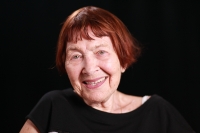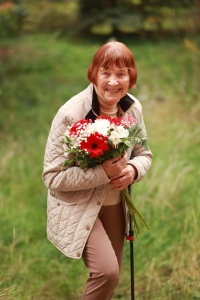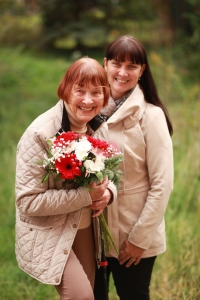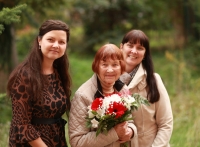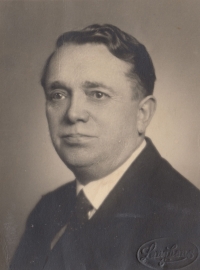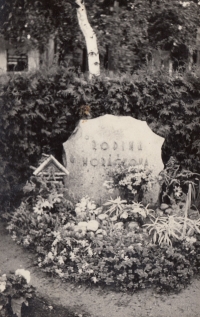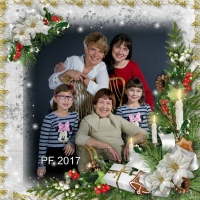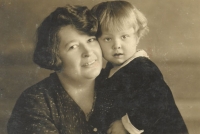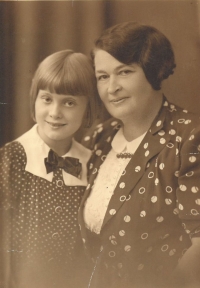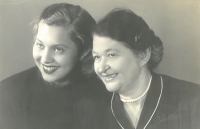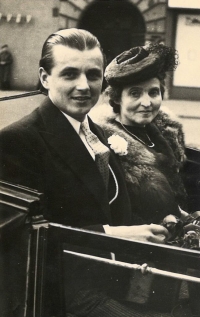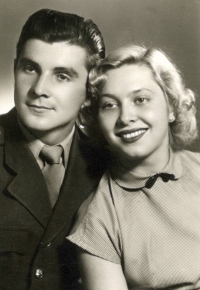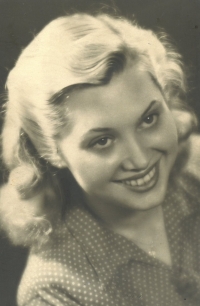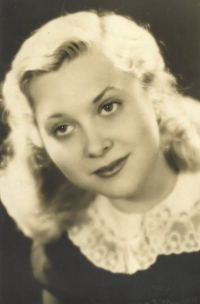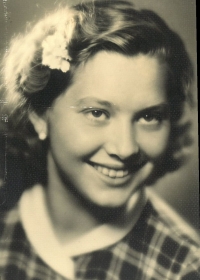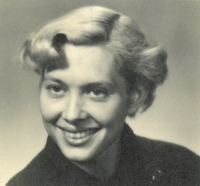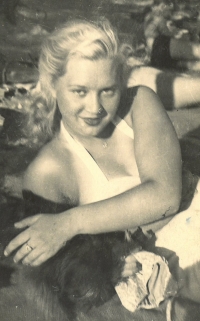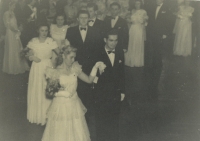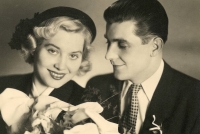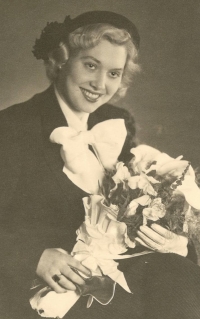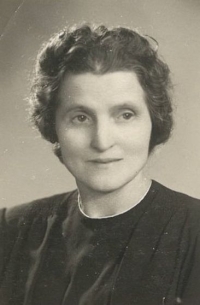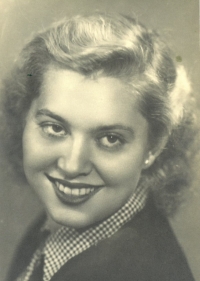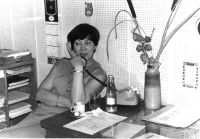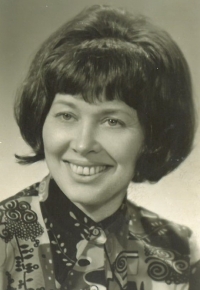As a former Czechoslovak legionnaire in Russia, my father used to drive away his fear of the Gestapo by playing the piano

Download image
Hana Ženíšková was born on 2 March 1930 in Pilsen into the family of Karla and Rudolf Horáček. Her father Rudolf Horáček was a Czechoslovak legionnaire in Russia, he served in the 11th Imperial-Royal Landwehr Infantry Regiment (Jičin). He kept a diary which was preserved. In 1939 he was suspended by the Gestapo from his position as headmaster of the school on Chodské náměstí. Two days later he was interrogated in the Gestapo building. After a full day of interrogation he was released, but he lived through the war in fear. Hana attended the school on Chodské náměstí until 1944 and then graduated from the teachers’ institute. She graduated on 14 June 1948, when Klement Gottwald was elected president of Czechoslovakia. After that, she was supposed to join a school in Aš as a teacher, which probably ended up not happening because of her father’s influence. On May 6, 1945, she experienced the liberation of Pilsen by the American 16th Armored Division. In 1948, she began attending a two-year English language day institute, by which time she already knew German and Russian. After her father’s premature death, she went to work at Chemodroga. She avoided the Youth to Manufacture campaign and from January 1, 1949, she worked at Čedok. From July 1, 1950, she worked for thirty-nine years as a translator at Škoda. In 1951 she married Ing. Oldřich Ženíšek and in 1953 their daughter Šárka was born. The family lost most of their savings during the currency reform on 1 June 1953. Her husband put up posters to protest against the occupation on 21 August 1968, which prevented Hana Ženíšková from being promoted at Škoda. At the time of recording (2022) she was still living in Pilsen. She has two granddaughters and four great-grandchildren.

